WHAT IS MENOPAUSE?
Menopause is an evitable condition exclusive to women. It is normal for us to undergo this natural experience when we reach a certain age. For Asian women, this would occur during their 45 – 55 years old.
Menopause is a condition whereby the women stopped menstruating. The end of period also means that our reproductive days are over. During this period, we will experience some changes in our body.
Changes such as what? Read below to find out more.

WHAT ARE THE SIGNS OF MENOPAUSE?
Women may experience different symptoms of menopause. As the amount of estrogen in your body lessen, your body will experience some changes.
Here are some of the most common signs leading up to menopause:

Change in period
Your period may come closer together, more bleeding or last more than a week than usual period.

Vaginal dryness
Due to the lack of reproductive hormones, your vagina will not secrete the same amount of vaginal fluids as it used to. This may cause some discomfort during sex.
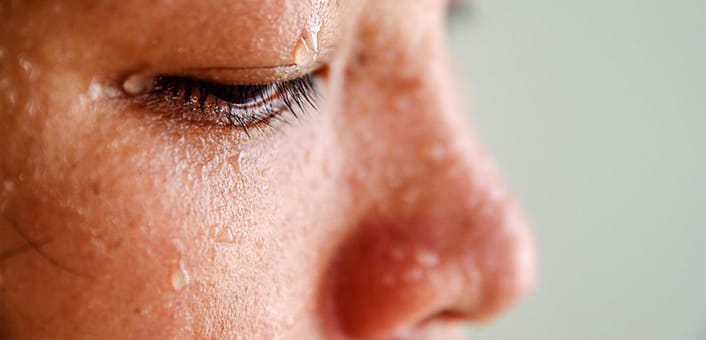
Hot flashes
Most women in menopause experiences hot flashes. It is a sudden feeling of heat in your body. It may happen several times a week, for about 30 seconds to 10 minutes.
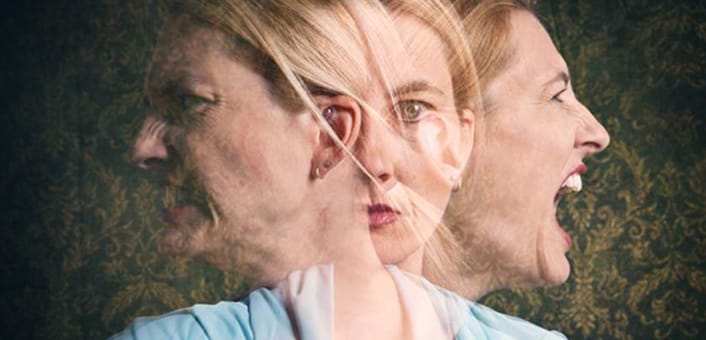
Mood changes
You may experience mood change during the menopausal period. Scientists do not have a conclusive answer why this happens. The hypothesis ranges from the hormonal changes to the depression and stress for going through the process.
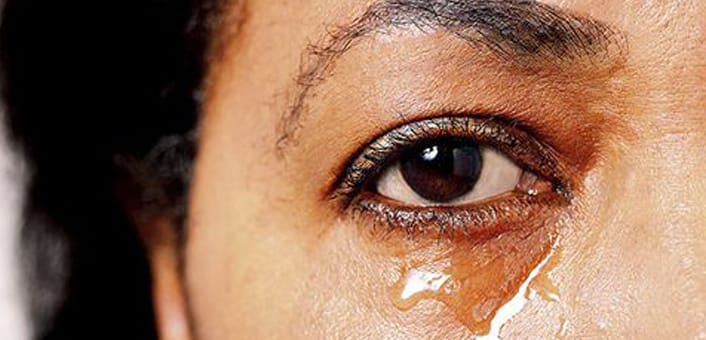
Chills
Just like hot flashes, you may also experience sudden chills. This is caused by the hormonal havoc in your body. When your estrogen level drops, the part of your brain that is responsible in regulating your temperature (hypothalamus) overreacted. It caused your body to ‘think that it is hot’, therefore lowering down your temperature significantly.
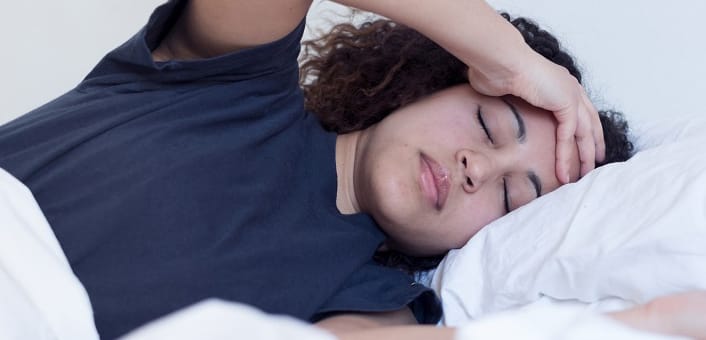
Night sweats
Sweating at night is also one of the sign of menopause. Your body will detect that the body is hot, it needs to perspire.

Sleep problems
Most women experience hardness to sleep at night. This is again, due to the storm of estrogen in your body.
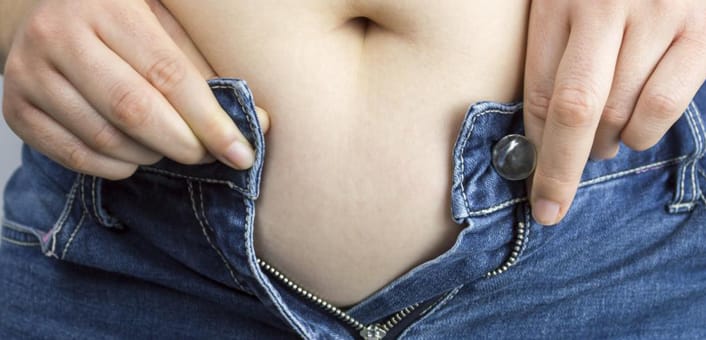
Weight gain, slowed metabolism
As your hormonal level changes, your metabolism will start to slow down. This affects how your body processes the food intake. When your metabolism is high, it is able to process food into energy more efficiently. However, as your metabolism slows down, it turns most of what you eat into fat.
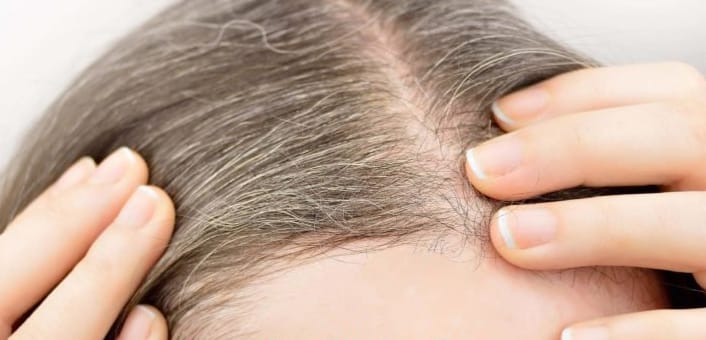
Thinning hair and dry skin
Menopause coupled with aging, will cause your hair to drop. This is due to the fact that hair strength lowers down with age.
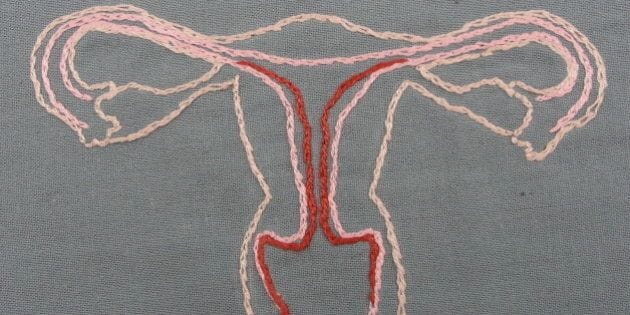
WHAT CAUSES MENOPAUSE?
Naturally, we women are born with a certain number of eggs. These eggs are stored in our ovaries, which controls the regulation and hormonal changes in our body. Menopause happens as the eggs finished and the ovaries are no longer capable to release eggs, causing the menstruation to stop.
However, in some cases women may experience menopause in earlier stage.
Hysterectomy
Hysterectomy that involves the total removal of uterus and ovaries may make your body to experience menopause sooner. This happens because the ovaries are no longer there to regulate your estrogen production.
Chemotherapy and radiation therapy
Chemotherapy are known to disturb body’s natural hormone production. Women who had to undergo chemotherapy may have menopausal symptoms such as hot flashes. Please note that although you may experience menopausal symptoms, infertility is not permanent. You are recommended to maintain usual birth control measures.
Primary ovarian insufficiency
Some women do experience early menopause (before 40) due to the lack of reproductive hormones produced by the body. However, the number is very less – about 1% of women. To help reduce the risks, we’d recommend hormone therapy to help your body to produce more of the necessary hormones.
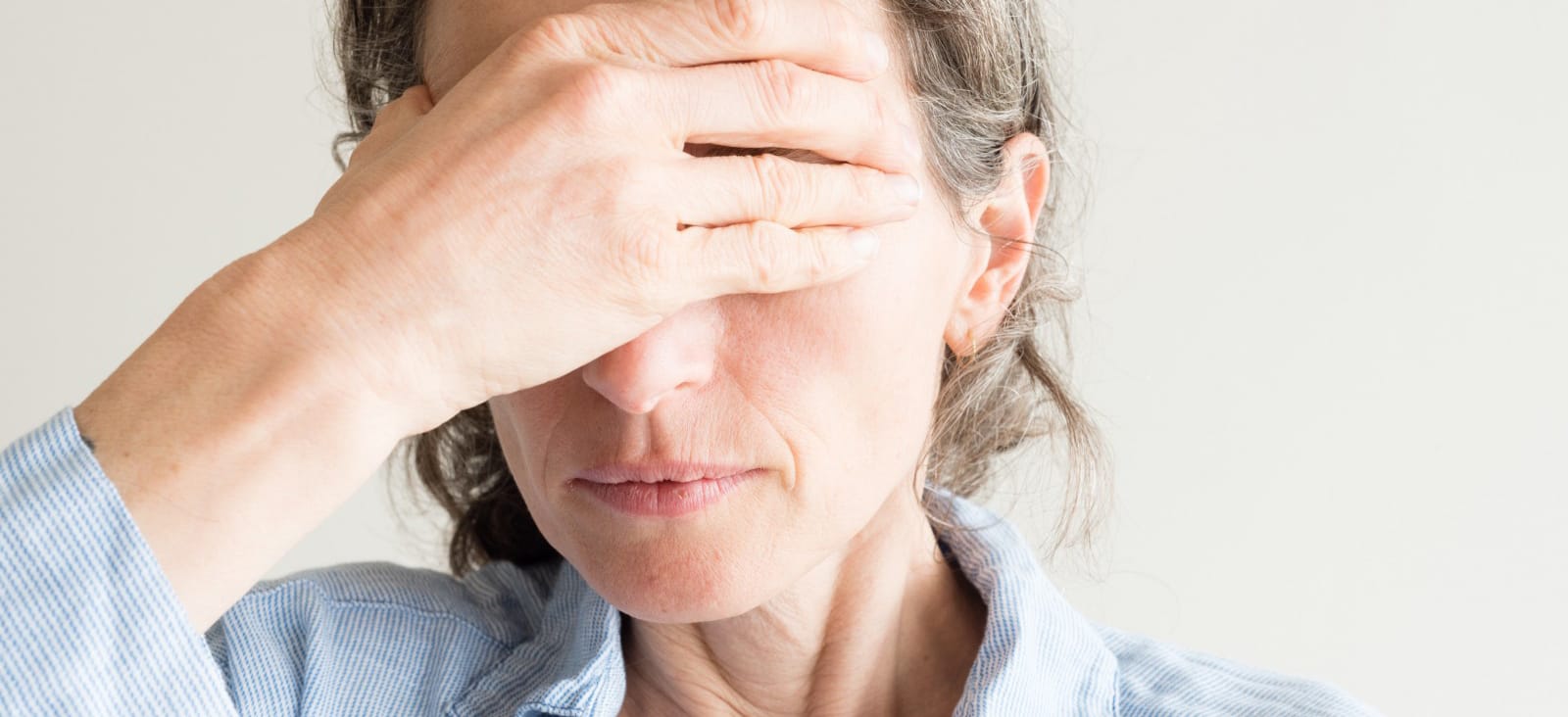
WHAT ARE THE RISKS OF MENOPAUSE?
Heart Disease
The chances of you getting heart disease is higher after you reach menopause. Menopausal women are more likely to get heart disease than men. The drop of estrogen level has been linked to irregular heart beat. As a woman in menopause, it is highly recommended to seek professional help if you experience a series of sudden increased heart rate.
Osteoporosis
Besides heart disease, menopause may also increase the risk of having osteoporosis. Estrogen, the female reproductive hormone is important in producing new bone cells. Without it, our body could not produce enough new bone cells. This will then weaken our bones from within. As a result from osteoporosis, our bones will break easier, and our joints lose its collagen.
Urinary problems
Involuntary, occasional release of urine is common among menopausal women. It is caused when the vaginal tissues and lining of the urethra thin out and lose elasticity. Besides the sudden release, most women also complaint that they have a stinging sensation when peeing.

HOW TO REDUCE THE SYMPTOMS?
Consume more Calcium and Vitamin D
One of the most important thing about menopause is how we lose our bone density and our skin starts to pigment. By consuming more food containing calcium, you can reduce the risks of osteoporosis. Vitamin D can help protect your skin against sunlight’s harmful UV rays.
Achieve and maintain a healthy diet
Gaining weight during menopause is very normal. This is an effect of the storm of hormone changes in your body, aging and lifestyle. To maintain your current weight, it is best to keep a healthy diet and reduce your calories intake.
Eat more fruits and vegetables
Fruits and vegetables are powerful food component that can help reduce a number of menopausal symptoms. These include weight management, and heart diseases. Fruits and vegetables contains vitamin that would be beneficial for your body. Green leaves are also rich in calcium to help strengthening your bones.
Avoid trigger food
There are certain foods that are known to trigger common symptoms of menopause such as hot flashes, night sweats and mood swings. These foods are known as trigger foods. It includes caffeine, alcohol, and sugary and spicy foods. Avoiding these foods are wise to help reduce your symptoms.
Reduce refined sugar and processed food
Sugar is a dangerous substance if consumed excessively. Its oxygen breakdown can cause sharp rises and dips in your bodily functions. It will make you feel tired and irritable. A study shown that consuming high diets in refined sugar cause depression among postmenopausal women.
Processed also foods contains a lot of sugar in order to preserve its contents.
Take natural supplements
Aside from maintaining a healthy diet, taking natural supplements can also help in restoring body of the nutrients it needed. Among the common supplements recommended by doctors are phytoestrogens (to regulate bodily estrogen hormone), black cohosh (to reduce hot flashes), probiotics, and primrose oil.
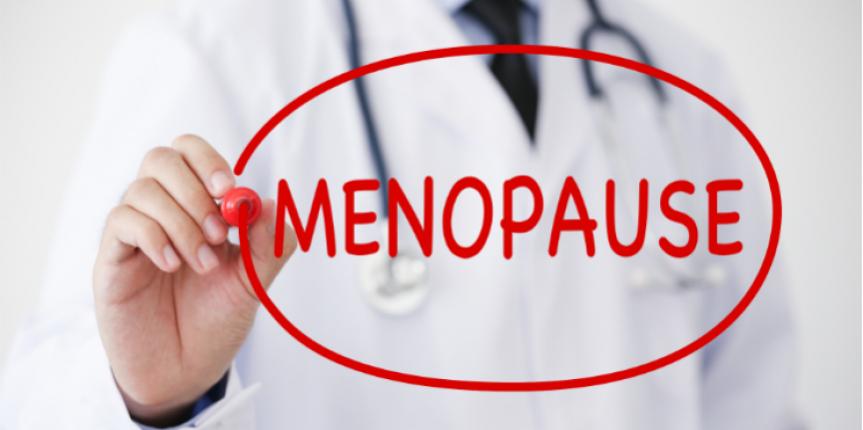
WHAT ARE THE TREATMENTS AVAILABLE TO HELP WITH MENOPAUSE?
Menopause is an inevitable phase for women. However, we can help reduce the symptoms with hormone replacement therapy. Hormone replacement therapy has long been used to treat menopausal symptoms and protect women’s long-term health.
The benefits of hormone therapy:
- Reduces hot flashes
- Reduces night sweats
- Regulate mood swings
- Increase vaginal moisture
- Increase sexual drive
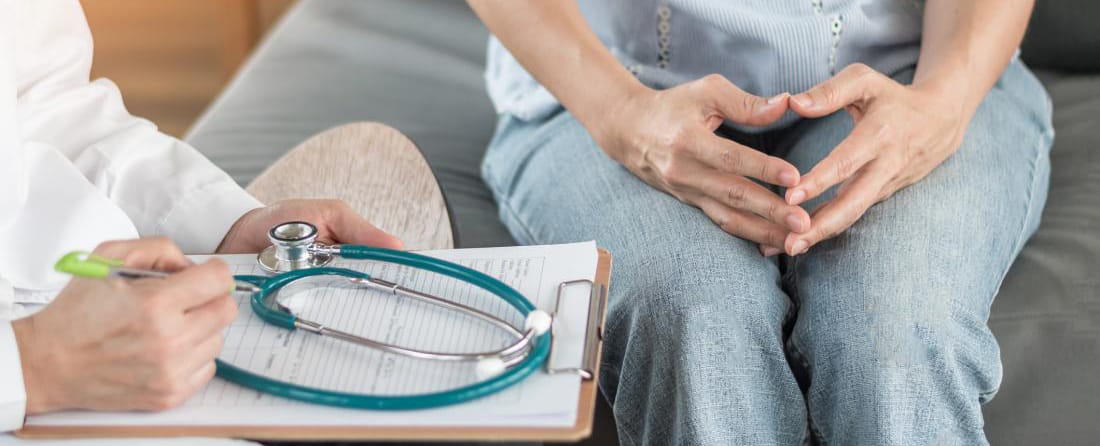
WHERE CAN I GET THE TREATMENT
Hormone Replacement Therapy can be obtained in any of Premier Clinic branches. Our professional doctors are certified and experienced to do these treatments. To arrange a consultation session, kindly reach out to the number below. We are available from 8am to 12 midnight daily to answer any of your inquiries.
CALL/WhatsApp: +6012-662-5552
EMAIL: contactus@premier-clinic.com


